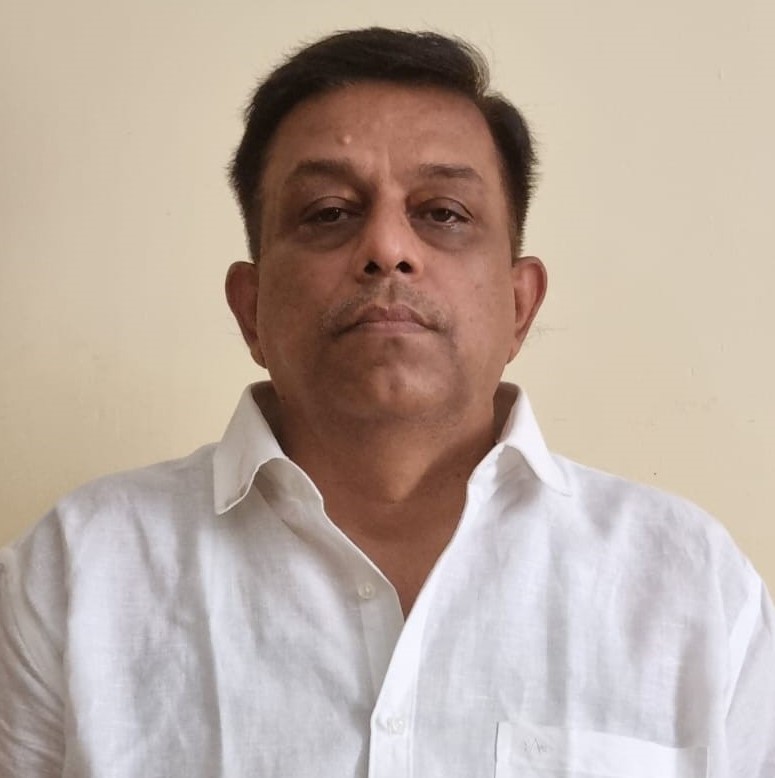For Bangladesh Improving Domestic Situation is as important as Fighting the Taliban
For the last several years Bangladesh has been the top contributor to the UN peacekeeping. Its forces have served on various continents and have earned due recognition for their contribution. But one assignment which Bangladeshi troops never expected to engage in was the fight against the Taliban in Afghanistan. The government still says that the US did not make any formal request for troop contribution. However, it does agree that in the meeting that took place between Foreign Minister Dipu Moni and US special envoy for Af-Pak Richard Holbrook in New York on September 26, the country’s cooperation was sought in Afghanistan. Whatever may be the truth, it is important that Bangladesh takes a wise decision and says no to such a request.
There is no doubt that the Taliban in Afghanistan and now also in Pakistan in the form of Tahariq-e-Taliban needs to be mainstreamed and controlled. It is equally true that in nearly a decade that Western forces under the International Security Assistance Force (ISAF) and NATO have been engaged in the task they have not been very successful. Often they have also been blamed for causing collateral damage to civilians, leading to further alienation among the people. Thus a search for the right approach continues.
The US has been looking for involvement of some Muslim majority countries in its operation in Afghanistan. Barring Turkey, no other Muslim country is involved in ISAF. Though Pakistan is also engaged in action against extremists in its North West Frontier Province (NWFP) and other bordering areas, it is fighting the battle mostly inside its own territory. Moreover, Pakistan’s commitment to the battle against the Taliban has always been in doubt. A certain dilemma was seen in its approach as the country had earlier used these extremists as a tool against India. An influential section in the country wants to keep the Taliban that way so that it could be used for similar purposes in a post-US Afghanistan.
On the other hand, Bangladesh under the Shaikh Hasina government set a very different example. It has been taking all steps against extremists inside the country. The law enforcement agencies of Bangladesh have been acting against groups like the Jama’atul Mujahideen Bangladesh (JMB) and Harkat-ul-Jihad-al Islami Bangladesh (HuJI-B). Local chapters of Lashkar-e-Taiba (LeT) and Jaish-e-Mohammed (JeM) have also been busted. This has not only prevented terror attacks inside Bangladesh, but has also weakened the terrorist network and infrastructure in the country. The Bangladesh government’s action last year prevented LeT and Jaish modules from carrying out terror acts against India and the US embassy in Dhaka on the anniversary of 26/11.
The Bangladesh government has also acted against Indian insurgent groups. Its actions have dealt deadly blows to terror outfits like United Liberation Front of Asom (ULFA) and National Democratic Front of Bodoland (NDFB). Now, thanks to the action of the Bangladesh government, all top leaders of ULFA barring Paresh Barua who is in Myanmar are under custody in India. This has also generated tremendous goodwill for the government of Bangladesh in India and has in fact removed a critical hurdle which had in the past vitiated Indo-Bangladesh relations.
It is hardly surprising that seeing the commitment of Bangladesh to act against extremism and terrorism, the US looked towards Dhaka for support in its endeavour in Afghanistan. The need was also felt as some other troop contributing countries are planning to withdraw, with the Dutch having already done so.
Bangladesh, however, took a wise decision by not acceding to the US request. The contribution of forces by Bangladesh to the US-led operation against the Taliban in Afghanistan would have created difficulties. It would have not only prompted Taliban and their affiliated organizations to create trouble in Bangladesh but would have also weakened a popular government. Bangladesh has only recently managed to control extremist elements with great effort. Its military involvement in Afghanistan would put into disarray all the good work.
Taliban, al Qaeda and the extremist ideology they represent definitely needs to be marginalized. For this if action in Pakistan and Afghanistan is necessary then it is equally important to control their affiliates in other countries. Countries like Bangladesh, which have traditionally enjoyed the image of a moderate Islamic country, have also been affected by the activities of these extremist outfits. The involvement of Bangladesh in Afghanistan would have created domestic difficulty for the present government, and the result could be the provision of space to the extremist forces that are presently under pressure in the country. Bangladesh is presently making an equally important effort at home to weaken the affiliates of al-Qaeda and Taliban ideology, which is no less important than making contributions to ISAF.








